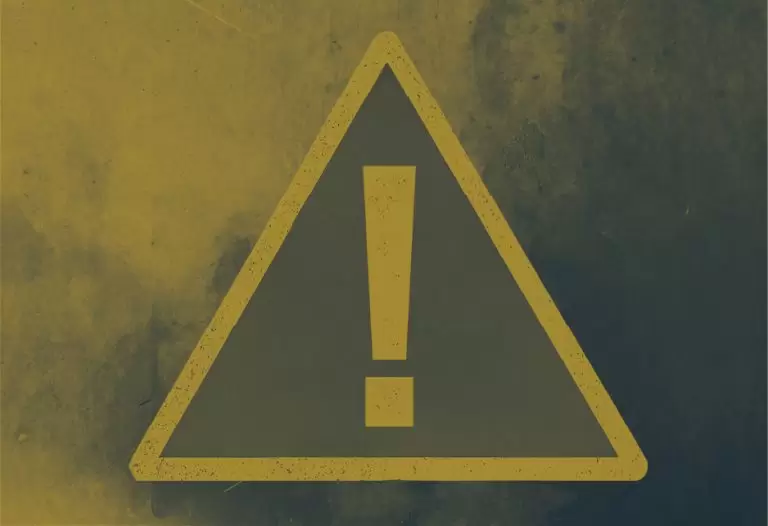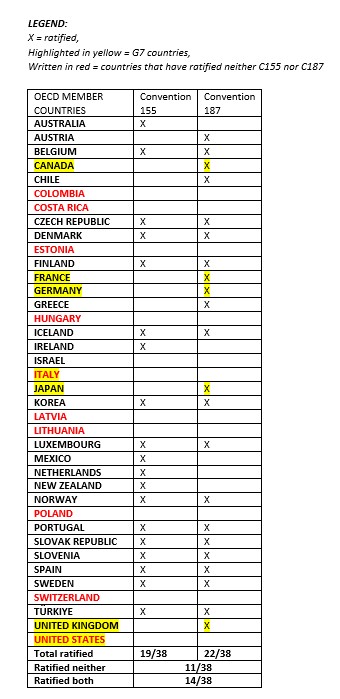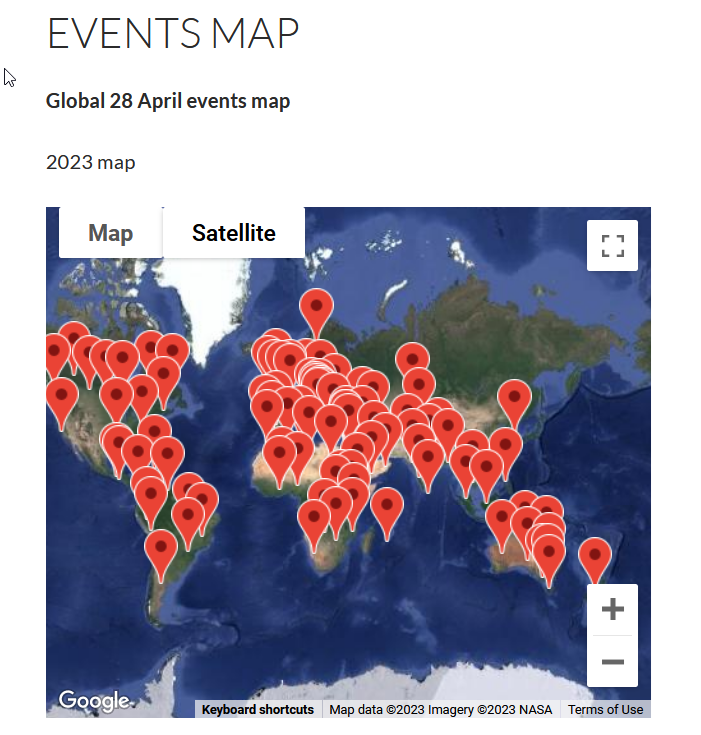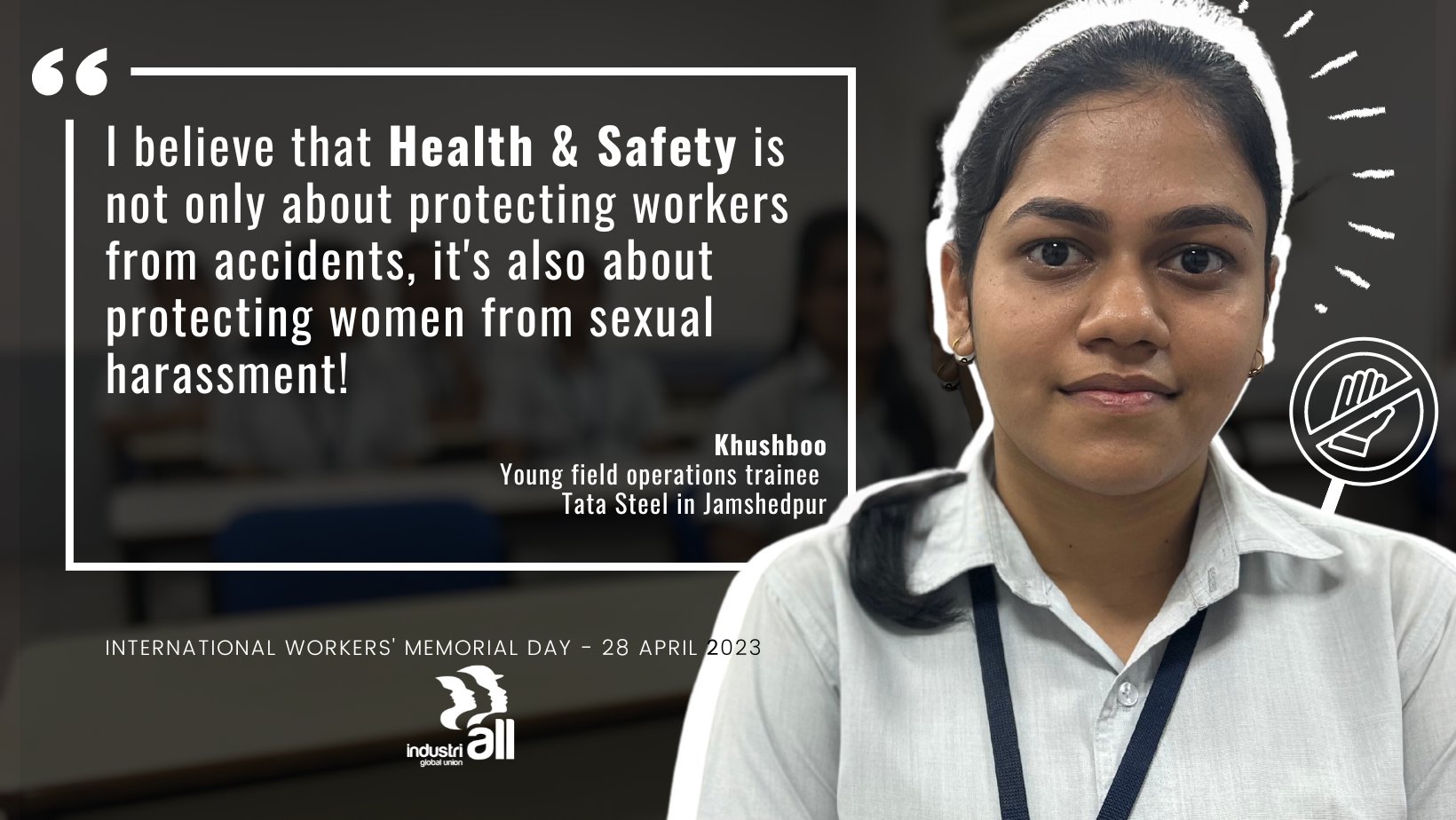
On April 28, International Workers Memorial Day, we mourn those killed at work and pledge to fight hard for the living by winning safer workplaces.
In 2022, the ILO’s International Labour Conference agreed to include the right to a safe and healthy workplaces as a fundamental right at work alongside the right to collective bargaining and freedom of association, equality, no forced labour and no child labour.
Exposure to pesticides regularly kills or destroys the health of thousands of agricultural workers. A shocking report in 2021 estimated that there are 385 million cases of unintentional, acute pesticide poisonings annually including 11,000 fatalities among farmers and farmworkers.
This year, the IUF is joining with global unions and national federations to demand more effective control of the international trade in hazardous chemicals. There are more than 350,000 chemicals circulating in the global economy, supposedly controlled by the Rotterdam Convention; however, the labour movement has been highly critical of the Convention for its weak procedure resulting in the failure to control paraquat and asbestos. Also concerning is the influence of the pesticides industry over the application of the Convention.
Currently, the Convention’s Prior Informed Consent (PIC) procedure for hazardous chemicals and pesticides ensures that countries exporting pesticides must seek the prior informed consent of the importing countries before shipping; however, to list products using the PIC procedure requires consensus. This requirement, initially introduced to foster cooperation, has instead evolved into a veto mechanism that is now threatening the viability and effectiveness of the Convention. A small group of countries continue to block the listing of several highly hazardous substances.
In May 2023, the 11th Conference of Parties for the Rotterdam Convention will be meeting in Geneva, and the IUF along with sister global unions will be campaigning for the adoption of a new annex to the Convention which will allow parties who want to share information about a substance considered dangerous by the Chemical Review Committee to do so, even when the listing of the substance has been blocked by a failure to reach consensus. Listing on the new annex will require a 75% majority vote. Furthermore, for chemicals listed in the new Annex VIII, explicit prior informed consent will be required from the importing country before the hazardous substances can be shipped.
In addition to union support, the amendment is strongly supported by many countries and numerous experts including three UN Special Rapporteurs: Marcos Orellana, Special Rapporteur on toxics and human rights; David R. Boyd, Special Rapporteur on human rights and the environment; and Pedro Arrojo-Agudo, Special Rapporteur on the human rights to safe drinking water and sanitation.
They have issued a joint statement which recognizes the importance of the Rotterdam Convention as a “tool to advance the right to information and effectively prevent exposure of people, soil, and water resources to toxics” but criticizes the procedure which allows a handful of countries to “persistently block the listing of hazardous chemicals.”
Click HERE to read the IUF’s press release.
UN Special Rapporteurs statement











